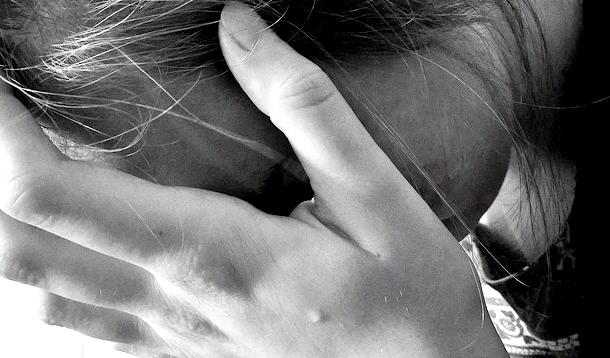
There is a common understanding among mothers that we need to have it all together. Admitting anything less can feel like failure.
I did not personally suffer from PPD, but like most moms I have struggled with feeling overwhelmed at different periods of my life. Sometimes I admitted this and sometimes I didn't. And at times my husband could hear me and understand, other times he couldn't. I'm sure this was due to his own stress at work, over finances, or even parenting. It can be hard to stop and listen to others when struggling with your own life but it can also be hard to know how to help.
Seeing another person's true state can also be difficult as the presentation might not match the reality, especially as we are encouraged to always present as in control. Shared statements like, “I am really losing it,” or, “I can't do this anymore,” can be overused or just seen as a general way of describing the challenges of raising little ones. We might not see the desperation in our friends' frustration; we might not see the red flags. For most, these are fleeting moments that come and go, but what about when they aren't? Would we recognize the cry for help, or just dismiss it as casual venting? Would we just remind our friend that it will get better and encourage them to draw strength from the fact that women have been mothering forever and gotten through difficult times? Maybe our our well-intentioned encouragement will miss that the stress level had elevated from orange to red.
For this reason we have to do proper check ins with our mom friends. Be intentional. Have regular times to get together. Then truly and presently ask them how they are doing. Stop to hear the answer. If the answer suggests difficulties, let your friend share more and ask what you can do. If they quickly laugh it off or diminish it, remind them that it is okay to struggle and it is okay to be feeling this way.
If it is you that is struggling, whatever it is—feeling overwhelmed, anxious, depressed, PPD—get help and share. Talk to your friends and family, see your doctor, call a therapist, a helpline or your health unit. And if the person not listening to the warning bells is you, check in with your personal beliefs about admitting to struggling. Are you allowed to feel overwhelmed? Are you worried about judgement from family and friends? What would you say to a friend that was struggling? Can you extend that kindness to yourself? A professional can help you identify what you are feeling, normalize it, and aid in facilitating a strategy to move forward. You might be surprised, when sharing these needs, how relieved friends or family can be to have a specific way they can help.
Going forward—as Andrea said, “Let's just assume any parent with young children needs support—lots of it,” and let's walk and talk through this together.